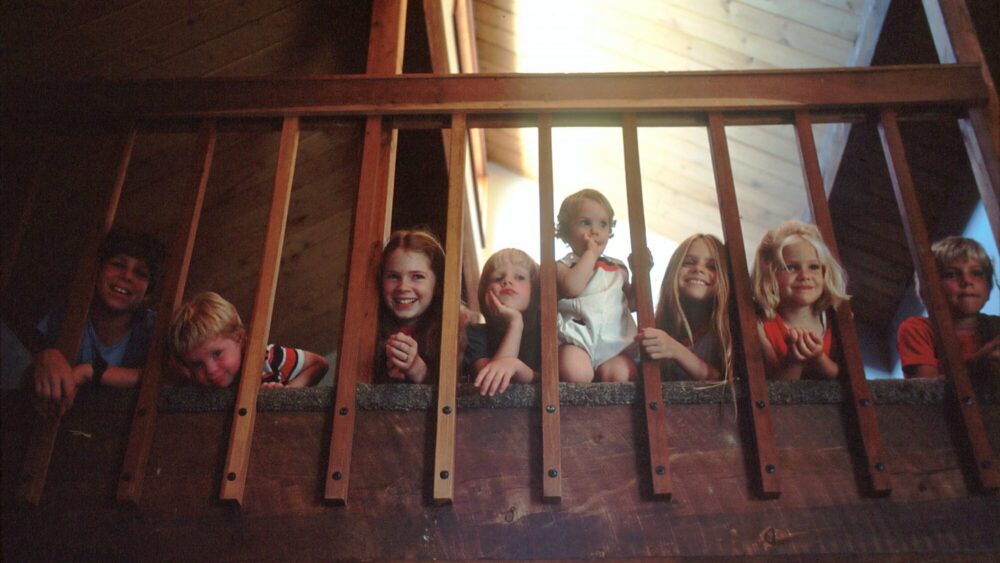
Linda Bartlett/Unsplash
The Spanish government is ready to send parliament a new family law that would change the current rules around Spain’s familia numerosa designation. At present, any family with three or more children can receive the designation of “large family,” which comes with a slew of social benefits ranging from discounts at museums and free school lunches to lower university tuition. The number of children a couple or single parent has is also taken into account when awarding state benefits.
Former Minister of Social Rights, Ione Belarra, who originally wrote the bill during the last legislature, said the object of the law was to “reverse legislation designed for the traditional family.”
Significantly, the new law eliminates the designation of familia numerosa (large family) in favor of the title of “families needing greater support raising children” (“familias con mayores necesidades de apoyo a la crianza”). It also awards couples in recognized common law marriages (pareja de hecho in Spanish civil law) the same rights and benefits as married couples, essentially giving a common law marriage and a formally contracted marriage the same status in relation to family law.
In the face of criticism from both family groups and the political opposition, the government has defended the move as “an important goal of the social policy of our country” because it adapts the law “to the reality of our country,” Minister of Social Rights Pablo Bustinduy said at a press conference on Tuesday.
Though the current government has made no mention of the traditional family, it justifies the change in family designation as a way to broaden the criteria for receiving special recognition and support. The bill would extend additional benefits to families with fewer than three children but when a parent has a disability of 33%. Currently, at least one parent must have a 65% disability to qualify. Families with twins or other multiple births would also receive greater recognition and support. The new law would also increase food stamp benefits.
The law also specifically includes the recognition of “single parent families,” who will receive their own specific designation.
Family groups, such as the Spanish Federation of Large Families (FEFN), do not oppose extending benefits to various circumstances. However, they are concerned that the new law may not acknowledge the valuable social contributions of large families to society. The proposals are also creating uncertainty about maintaining current benefit levels for large families.
According to FEFN, maintaining the current framework for large families is “compatible with new measures and support for other families who have special circumstances and needs.”
“We reject this approach because it will mean our disappearance as a group. It will make us invisible, take away the recognition of families with more children,” FEFN said in a statement.
At the same time, FEFN decries the fact that the bill continues to disadvantage large families in regard to many state benefits.
The organization Federation of Catholic Family Associations in Europe (FAFCE) is also supporting Spanish families against the bill. Vincenzo Bassi, FAFCE president, said in a statement to The European Conservative:
Erasing the status of large families demonstrates once more the confusion between social policies and family policies. Of course, families ought not to be seen as a cost to society, but rather an investment. This confusion is even more concerning in the context of the demographic winter.
“A society loses out when it does not recognize the reality and the function of large families and their contribution to the common good,” Bassi added.
The law will still have to be debated and voted on in Parliament, but the government has classified the law as urgent, which will curtail debate.
